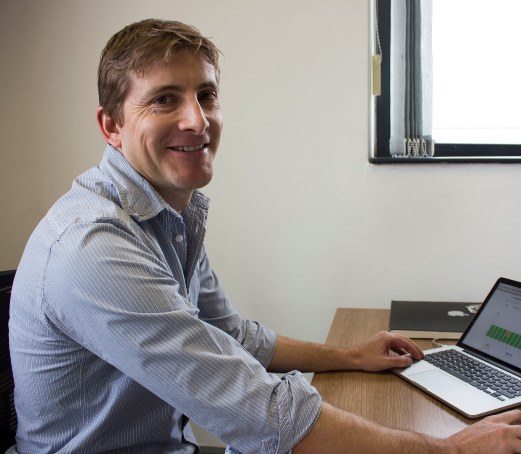The South African Competition Commission recently ruled that the practice of using fee guidelines within the Built Environment Industry is non-completive and effectively results in price-fixing.
This follows an application, in 2014, by the Council for the Built Environment to have the practice of Fee Guidelines exempted from the Competition Act. Simon Berry, director, Fresh Projects, an online business platform tailor made for South African built environment professionals, says the rejection of fee guidelines could potentially be positive move for the local industry.
“South Africa is more than two decades behind international markets in terms of its use of fee guidelines. A decision to move away from using them could be good news for the local industry, although it will probably take a decade to fully eradicate the practice in totality,” says Berry.
The Competition Commission claims that the use of fee guidelines reduces price competition and could also result in prices within the built environment being set above the competitive level to the detriment of consumers.
“If we had to follow international practice then we should have scrapped this approach a long time ago. There have been too many guessing games within the industry, with so many professionals relying too heavily on fee scales and not understanding the true cost of a project,” says Berry.
He says that this results in a bidding frenzy on discount percentages and bidders who are not even aware of what amount will result in a profitable job.
A new approach, based on realistic budgeting, will ensure that projects are not only run more profitably, but the playing field will be level and more competitive. There are tools available such as www.freshprojects.co.za that makes this arduous task exceptionally easy and very cost effective.
“While the United Kingdom built environment was initially against the scrapping of fee guidelines, it has resulted in more meaningful client discussions on the value of engineering services. This is a very positive outcome and South Africa can only hope for the same result,” concludes Berry.

Leave a Reply